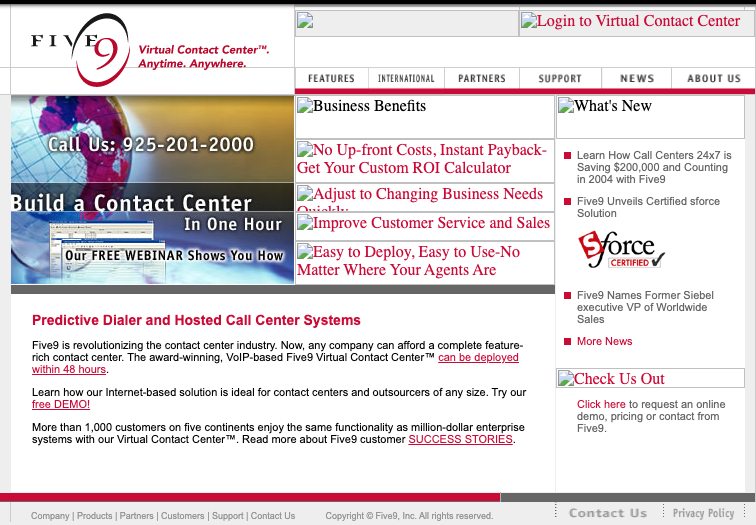Selling your baby company is somewhat bittersweet. The money and sense of accomplishment with your team is undeniable, but at the same time it’s odd to go from CEO to employee. Half of my former employees kept asking me, “You ok, JK?” and the other half would give me an occasional look like, “Don’t you dare tell me what to do – you ain’t the boss!”
I came into the office on a Thursday evening – first clue we were acquired – no one was in the office at 6:30pm. I gathered all of my belongings in a CostCo box, turned the lights out and left DoctorBase for the last time.
1. Said goodbye to competitor. Most of my career I’ve heard VCs say, “We like you, but ABC Co. has raised so much money…”
So one of the first things I did was gathered my core team and danced in front of the grave office of my closest competitor who had raised 30x more money (yeah, 30x)! At the time of our exit we had about 2.8x their ARR (Annual Recurring Revenues) with far less churn (percentage of cancelling customers).
It’s why as a hobby micro-angel investor, I never underestimate a roomful of creative people who are die hard about winning. Having connections is great, but scrappy often wins the day in the long run.
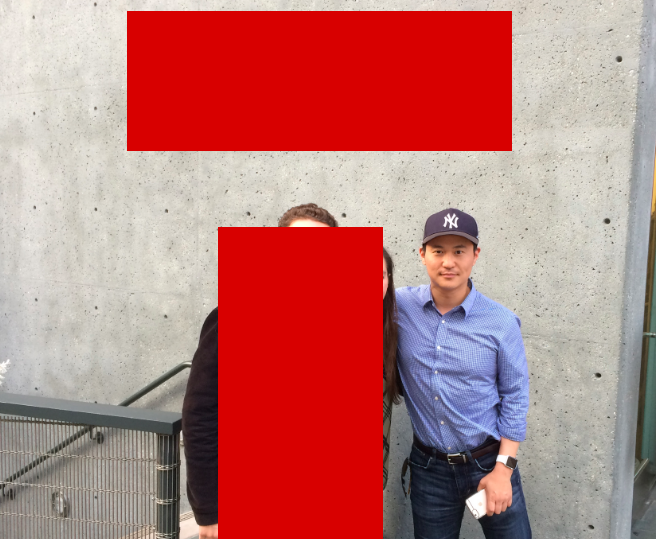
2. Visit Africa. The first trip I made was to go to Morocco to ride camels and haggle for things I didn’t want.

The pictures look great but believe me, the desert is cold, boring and filled with cats. Yes, cats.

Which in a way made sense to me because the Sahara looked like a large litter box. However, the people of Morocco were quite lovely and I highly recommend going shopping through the maze like streets of Marrakech – a bucketlist worthy experience.
I returned home to San Francisco after ten days in Africa and ate a super burrito every day for a week. God is great, truly.
3. Buy a bunch of stuff you’ve always wanted (obviously). In my case, motorcycles. I always wanted a different bike for each day of the week and a victorian garage in San Francisco big enough to house them all. Dream = fulfilled.

And if you really like a particular model, why not buy two?

4. Buy your (ex)employees things that make them happy. Because let’s face it, without them I’d be a monkey with a powerpoint presentation. No offense to monkeys as I love animals.

5. Throw fun parties. And this being San Francisco, most of my guests will be smarter than me and way more accomplished. Note the tall handsome dude in my kitchen is Coach Mike Brown (former head coach of the Cleveland Cavaliers, my Los Angeles Lakers and now with the Warriors).
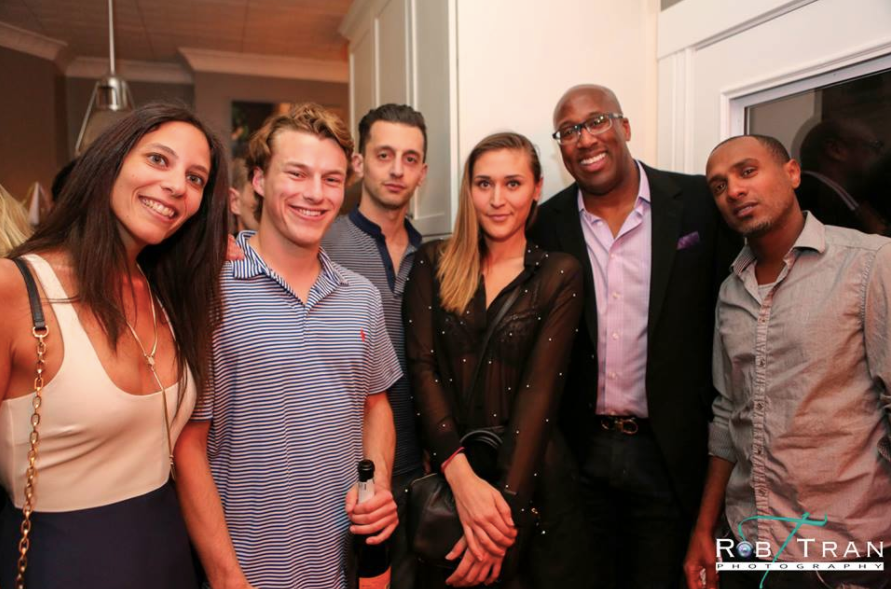
Some of my guests (after I explicitly asked them not to) asked him questions like, “Who was worse to coach – Lebron or Kobe? Tell the truth Coach!”
In Silicon Valley for some reason we lack social graces. #Aspergers
Or have dinner with celebrities. Not because they like you but because you paid for a fundraiser dinner benefitting a charity you actually know very little about.
“Yo Yao!” I said, but I don’t think he got my sense of humor. Man I love basketball.

And have a real convo with your childhood idol. When I was a kid I loved Janes Addiction. Being able to talk about the music industry with lead singer Perry Farrell was a dream come true.

6. Retire your parents. It’s an Asian thing I guess.

Send family members on vaca. Also, Asian thing.

My baby cousin and her husband are both so smart and good looking and young they make me want to puke.
7. Speak at your university and drink beer with students like you’re still an undergrad. And actually puke.
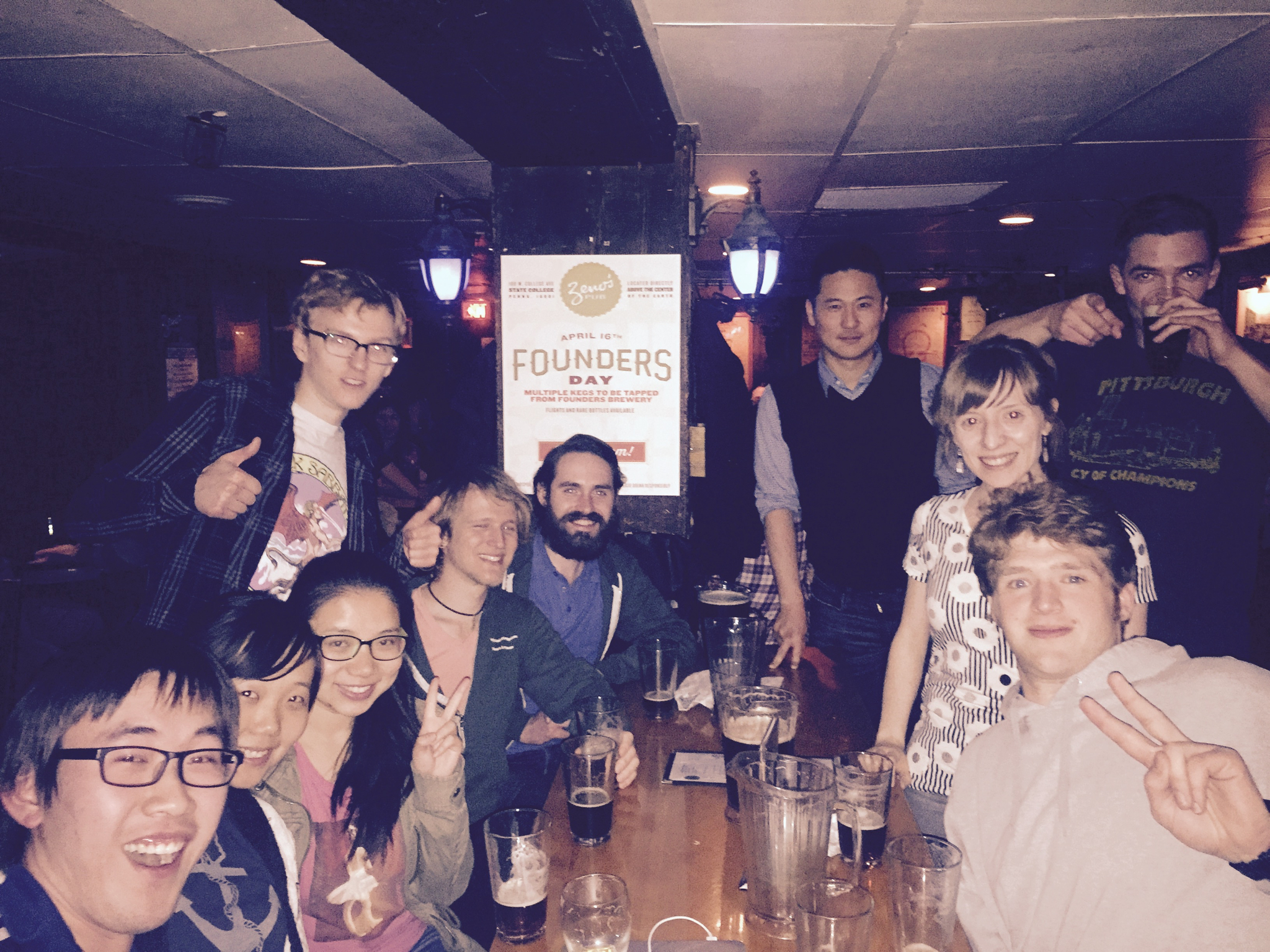
Or people from far off countries will ask you to come speak about startup life, which was also great for me considering I would never had gone to Norway otherwise.
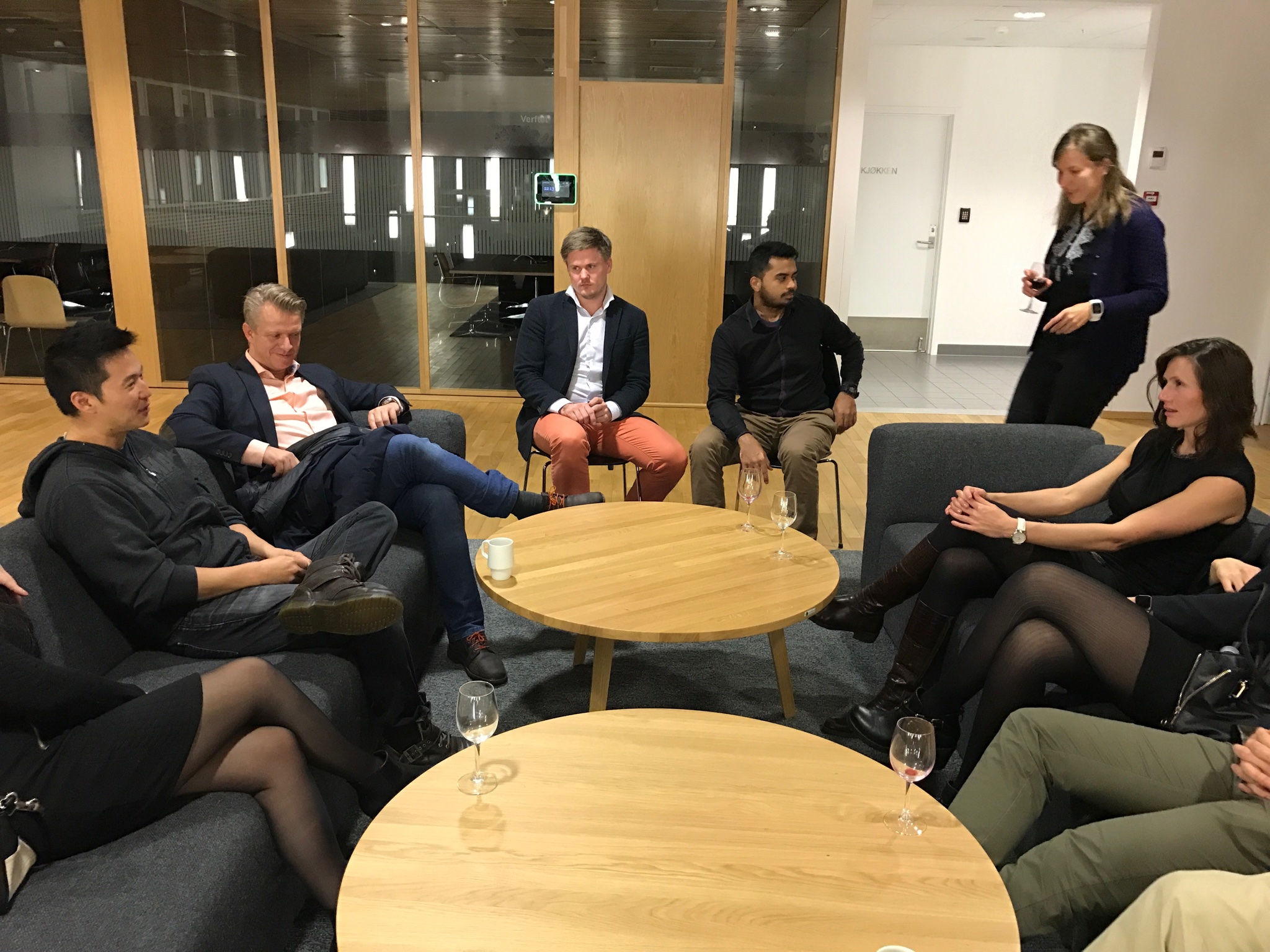
And for some reason after you have an IPO or exit, people who own boats invite you onto them. I never knew some many people owned boats. And you know what? Everyone is in a great mood on a boat. You never hear of a fistfight breaking out on a boat. Am I right?

8. Do “VIP” stuff like judge a foreign country’s Miss Universe pageant.


I’m married to a wonderful lady (with two kids) now so I have to disclaimer: I had a terrible time at this event.
Or get invited to the White House and chill with politicians.

Charlie Rangel may have left his office with some controversy (after decades of public service) but he’s still one of the best sales professionals to ever pitch. I wish I could’ve gone drinking beers with him afterwards.
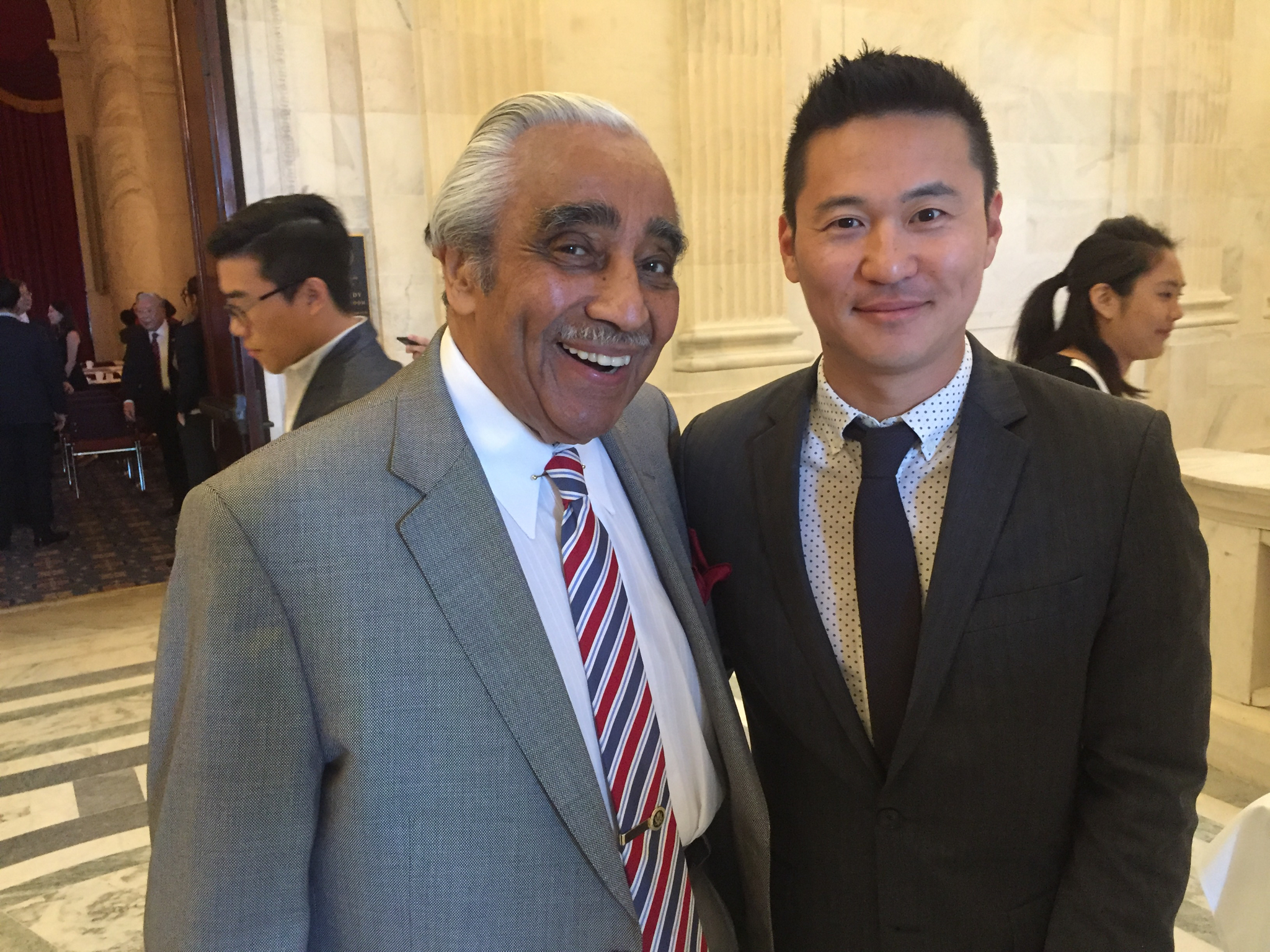
Traveling the world for a year makes you very bereft of potential girlfriends dates (ok, so I didn’t have a lot of dates before then either) so my friend Kyra packed her dress, hopped on a flight to D.C. and came to my rescue as my +1 for the White House gala. Thanks pal – I’m lucky to have friends like you.
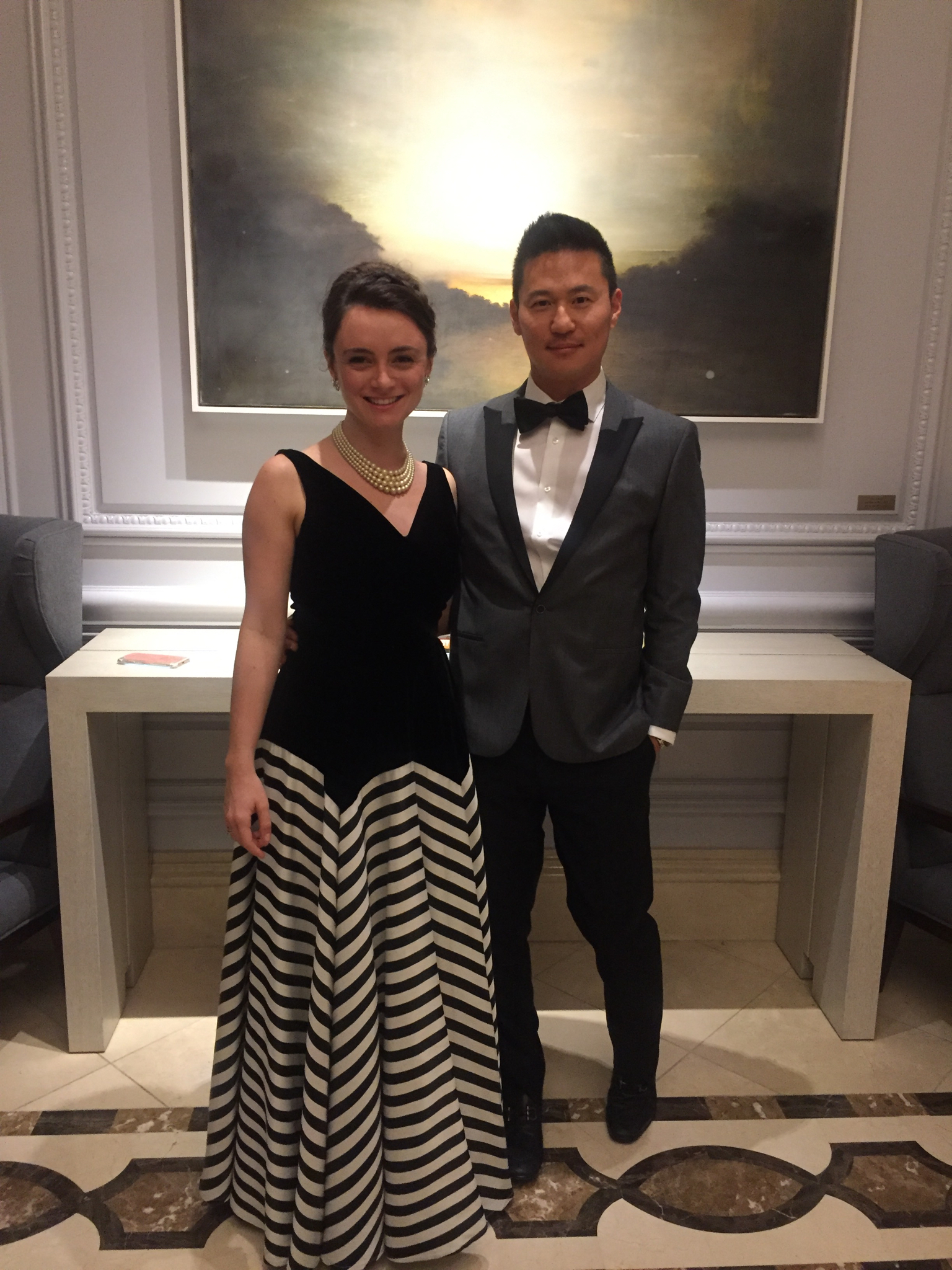
9. Become an angel investor and support other amazing founders by hustling hard for them. Cliche but true, in this town you must add value to get into good deals when you’re writing checks as small as mine.
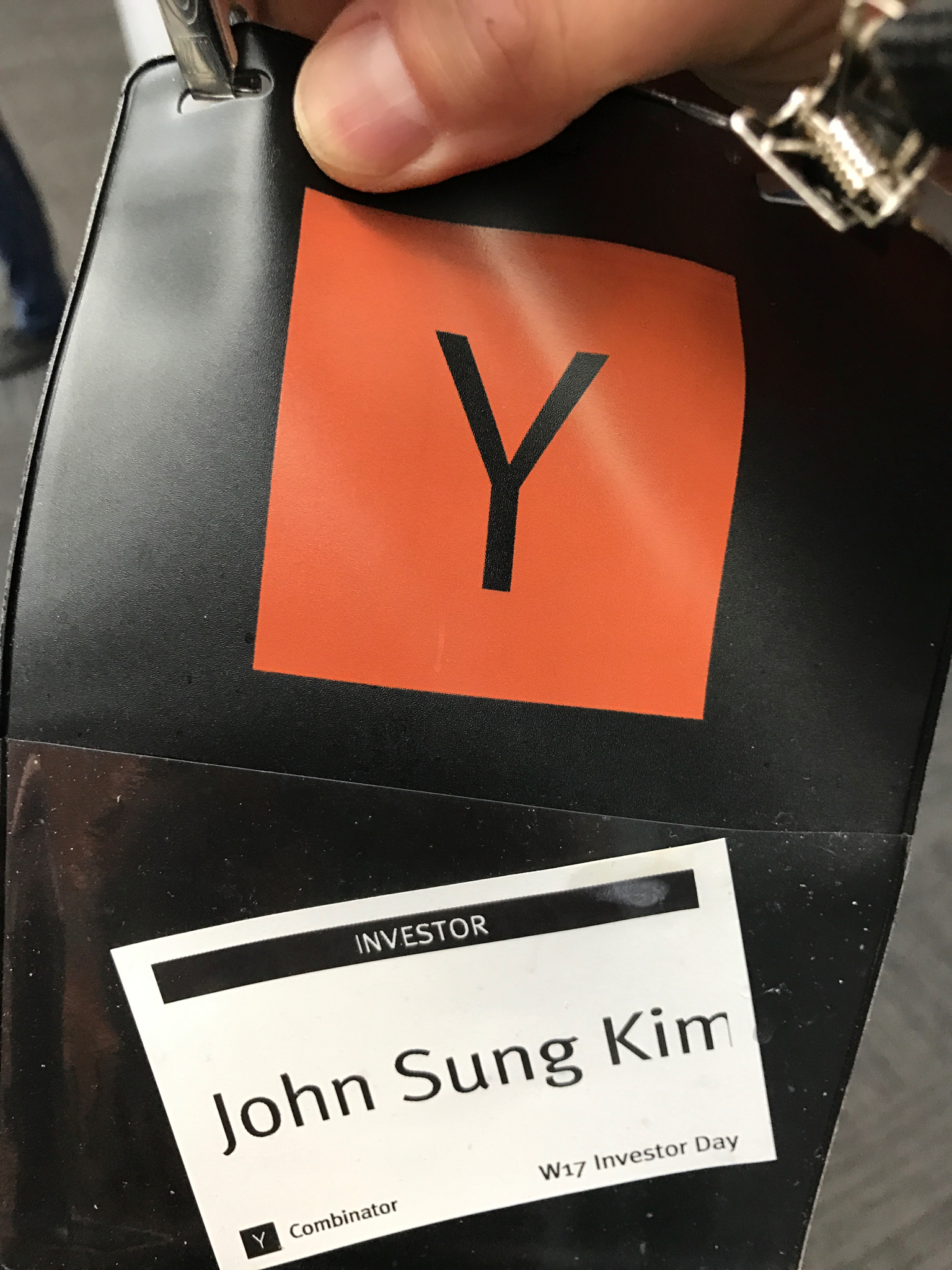
10. Start to miss your desk at work. When you had a job. And purpose.

Also, even your friends at Facebook seem to be working on interesting projects, and so inevitably you get back to f**king work like a real grown up.
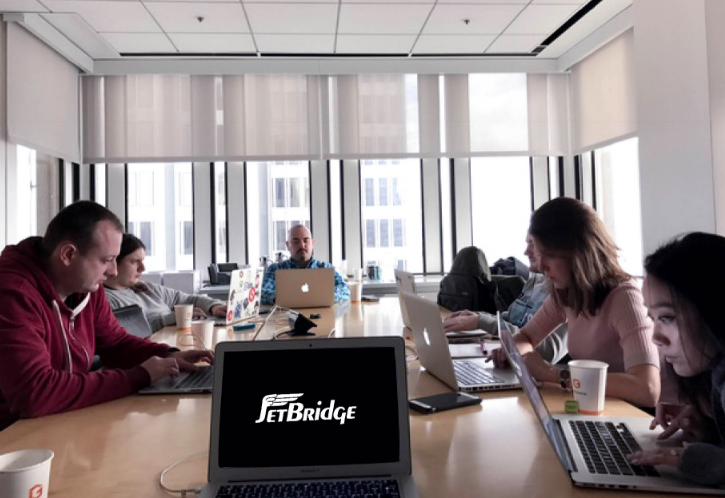
Still, my year off the grid was memorable and I’m glad I had it. Whenever people say crap like, “I wish I could have a year like that, JK,” I always tell them, “if you really want it, then –

My new startup JetBridge is always hiring brilliant software engineers, especially in LATAM and Europe. Come change how international software developers are treated by joining our mission!



